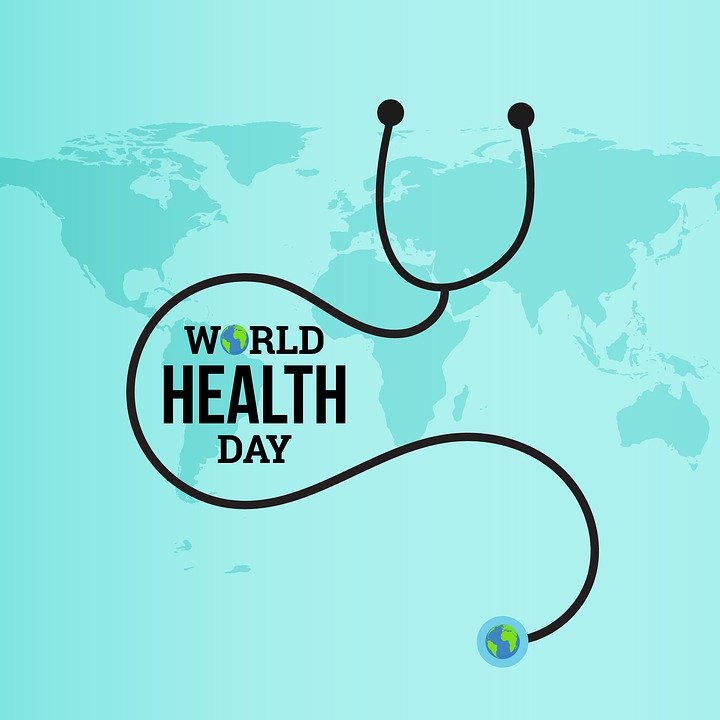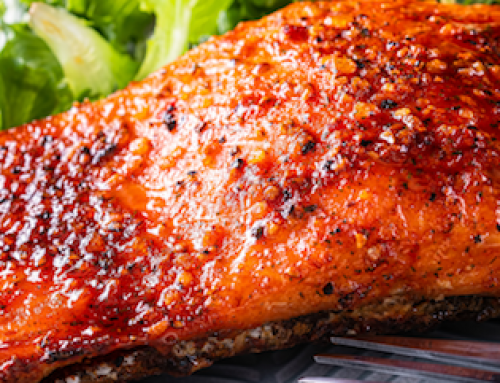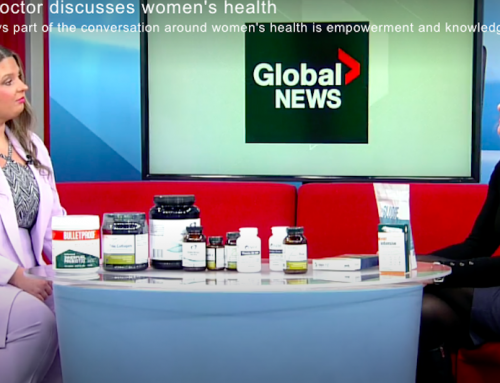A Message to Front Line Workers from True Potential Health Services
In honour of World Health Day, all of the staff and practitioners at True Potential Health Services would like to thank the front-line workers who are out there keeping people safe and caring for the sick and those in need. We are honoured to be your colleagues and we are so grateful for the very important work that you do, especially at a time when there are increased risks to your own health.
It is our hope that one of the positive things that comes out of this situation is a deeper appreciation for the work that nurses, midwives, doctors, and all other health care providers do to keep us healthy and safe. So on behalf of us at True Potential Health Services, THANK YOU for all that you do.
Given the stress and increased health risks that are a reality for front line workers right now, we also wanted to offer some resources to help support you. If you are looking for ways to manage stress, decrease anxiety, support your immune health, or just feel better overall, look no further!
Managing Stress and Anxiety during Covid-19
Dr. Marcoux’s Stress Management Videos
Take a Break and Lower your Expectations
It’s okay to take this time to just rest and be and feel your feelings. Just because we are all stuck at home doesn’t mean we need to be productive or busy. Set small one or two obtainable goals for your day (e.g.: have a shower today, go for a 10-minute walk outside, etc.) and give yourself permission to just be with whatever you feel. If you do feel better staying busy, give yourself permission to take a break when you need it.
This is a new normal for us all and it’s okay to feel sad, overwhelmed or unmotivated. If you are having trouble coping, reach out to your support network and ask for help (that includes us!).
Try Some Natural Mood and Energy Boosters
-
- Guided Mediation – download the Insight Timer app on your phone and use the free guided meditations to help shut off your busy brain and relax your body and mind.
- Exercise – the single, best thing you can do for your mental health: gentle movement (walking is perfect), outside if possible, for at least 10 minutes per day. Start with a small goal so it’s easily obtainable and then you can add extra time in if you feel like it.
- TLC – as caregivers, we are constantly looking after other people’s needs. Now is the time to ask someone in your house for some TLC just for you – a massage, a meal, an extra hour of time to sleep in, whatever makes you feel loved and nourished.
- B Vitamins – B vitamins are important for energy production and mood balance AND they tend to be more depleted when we are under stress. If you have a B-Complex at home, make sure you are taking it every day. If you need one, give us a call and book a quick consult so we can get you hooked up.
- Magnesium – this is another nutrient that is easily depleted when stress is high. Magnesium is important for helping keep your muscles and nervous system in a relaxed state, so if you are feeling tense or anxious, consider adding this in at bedtime. You can take magnesium as a supplement, apply it as a lotion, or have an Epsom salt bath (extra relaxing!) to help replete yourself. Contact us for a consult if you need dosing suggestions.
- Podcasts!! – the quickest way to feel connected and supported is sometimes just tuning in and listening to someone inspires, uplifts, or can relate to your situation. Podcasts are a great way to get out of your head and remember that we are all in this together. My favourite podcasters are: Brene Brown, Oprah, and Russel Brand. Glennon Doyle and Liz Gilbert are some of my favourite podcast guests, so sometimes I will just search their names to see what comes up. YouTube is another great source for talks you can listen to.
Optimize your Stress Response
-
- Gut Health – as we discussed in a recent post, stress negatively impacts your ability to digest food. When you are under stress, blood flow is prioritized to your muscles and brain, at the cost of your digestive tract. Less blood flow makes it harder for your digestive tract to do its job. This can decrease absorption of nutrients, leading to deficiencies and worsening symptoms. Simple, food-based, things you can do to support healthy digestion are discussed in this post so be sure to check it out.
- Antioxidant Foods – in another recent blog post, we discussed how eating certain fruits and veggies that are high in antioxidants can protect your cells from the effects of stress. This protection helps ensure that your cells can withstand the stress you are under and continue to do their job well to keep you healthy and functional
- Extra Vitamin C and Zinc – if you are going to take any extra supplements at this time, vitamin C and zinc are the ones we most recommend to support healthy cellular function. Zinc is used by your cells in to do many of its jobs, and is commonly deficient in our diets. Our need for it increases when we are under stress and our bodies are called to do more work for us. Vitamin C is one of the main antioxidants your body uses to protect your cells, and it is also in higher demand by your body during times of stress.
Lastly, I wanted to share a recipe I created that is both tasty and good for your gut health (and hence your immune system). This is also a handy on-the-go snack that you can just pop in your mouth for instant fuel when you need it. The recipe uses a fibre product called Nutracleanse, which helps to feed the healthy bacteria in your gut and keep you regular. You can purchase this product at True Potential if you need it, just give us a call!






